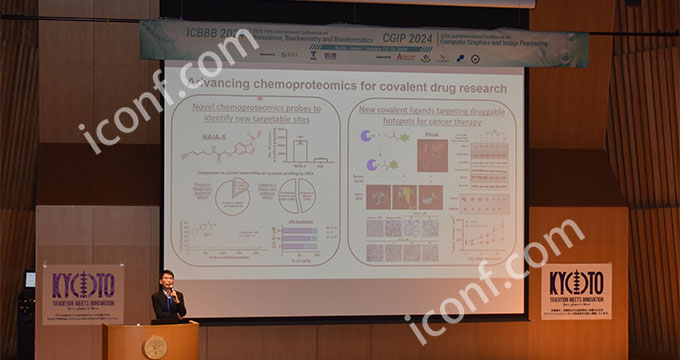

127 views||Release time: Jan 03, 2025
When publishing a paper in an SCI journal, understanding copyright policies is essential. These policies govern how your work can be shared, reused, and distributed. Mismanaging copyright can lead to legal disputes or restrictions on the use of your research. This guide outlines the key copyright issues to consider when submitting to SCI journals.

Copyright is a legal framework that grants the creator of an original work exclusive rights to its use and distribution. In academic publishing, it determines how your paper can be used by others.
Most traditional journals require authors to transfer their copyright to the publisher upon acceptance.
Implications:
Exceptions: Authors usually retain the right to use their work for teaching, non-commercial research, and presentations.
In open-access journals, authors often retain copyright but grant a license to the publisher to distribute the work.
Creative Commons (CC) Licenses:
Benefits:
Some journals offer both traditional and open-access options, letting authors choose their preferred copyright arrangement.
Understand what rights you are transferring and what you are retaining.
Negotiate with the publisher if you need to retain certain rights, such as posting your work on personal or institutional websites.
Before transferring copyright, consider posting your manuscript on preprint servers. Many journals allow this, but verify their policies.
After publication, use tools like Google Scholar Alerts or Plagiarism Checkers to monitor unauthorized use of your paper.
If your copyright is violated, report the issue to the publisher or pursue legal action if necessary.
Many publishers allow authors to archive preprints or postprints on personal websites or institutional repositories.
Platforms like ResearchGate and Academia.edu can be used for sharing within the limits of copyright agreements.
Use this database to verify the copyright policies of journals.
Many open-access journals charge article processing charges (APCs), which can be significant.
Understanding copyright issues is critical for SCI authors. By carefully reviewing agreements and leveraging open-access options, you can protect your rights while maximizing the impact of your research. Always consult the publisher’s policies and seek legal advice if needed.
For more insights on navigating academic publishing, visit iconf.com.